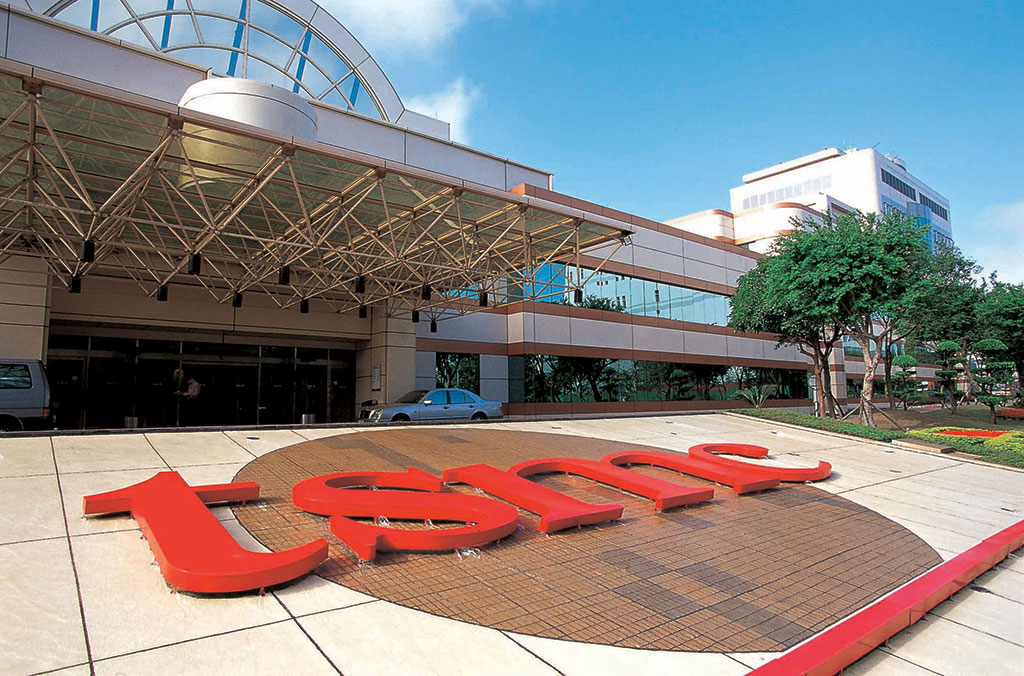The world’s largest chipmakers just went from contentious litigation to best buds
The threat of import bans on Nvidia graphics cards and other products is over.

Taiwan Semiconductor Manufacturing Company (TSMC) and GlobalFoundries, two of the world's largest chip makers, have dismissed all pending litigation against each other and entered into a broad cross licensing agreement, the companies announced today.
In doing so, the threat of potential import bans on everything from Apple's iPhones and Android handsets from OnePlus, to even Nvidia's graphics cards, is effectively ended.
This kind of deal was probably an inevitable outcome, but had it not come to pass, the tiff between TSMC and GlobalFoundries could have had far reaching implications in the tech industry.
What spurred this whole situation was a series of lawsuits filed by GlobalFoundries in August against rival TSMC. GlobalFoundries claimed TSMC was infringing on 16 of its patents. As part of its litigation, GlobalFoundries sought an import ban into the US and Germany on products it deemed were using semiconductors produced with allegedly infringing technology, including some of Nvidia's GPUs.
AMD is also one of TSMC's clients, specifically for its Ryzen 3000 CPUs based on a 7-nanometer manufacturing process. Interestingly, however, AMD was not one of the names listed in the lawsuits, and presumably would not have been affected by any legal outcome. The same can't be said for Apple, Asus, Broadcom, Cisco, Google, Lenovo, MediaTek, Qualcomm, and several others.
A day after the lawsuits came to light, TSMC responded by essentially calling GlobalFoundries a patent troll, only it was a tad more polite about it. TSMC at the time said it was "disappointed to see a foundry peer resort to meritless lawsuits instead of competing in the marketplace with technology.
Patent troll or not, it's all water under the bridge.
The biggest gaming news, reviews and hardware deals
Keep up to date with the most important stories and the best deals, as picked by the PC Gamer team.
"We are pleased to have quickly reached this settlement that acknowledges the strength of our respective intellectual property. Today’s announcement enables both of our companies to focus on innovation and to better serve our clients around the world," said Thomas Caulfield, CEO of GF. "This agreement between GF and TSMC secures GF’s ability to grow and is a win for the entire semiconductor industry which is at the core of today’s global economy."
TSMC also lauded the outcome non-litigious outcome.
"The semiconductor industry has always been highly competitive, driving the players to pursue innovation that enriched the lives of millions of people around the world. TSMC has invested tens of billions of dollars towards innovation to reach our leading position today," said Sylvia Fang, General Counsel for TSMC. "The resolution is a positive development that keeps our focus on advancing the needs of our customers for technologies that will continue to bring innovation to life, enabling the entire semiconductor industry to thrive and prosper."
According to the joint announcement, the cross-licensing agreement covers both existing semiconductor patents from each company, along with patents that will be filed during the next 10 years. It also ends all litigation between the two companies "as well as those that involve any of their customers."
Paul has been playing PC games and raking his knuckles on computer hardware since the Commodore 64. He does not have any tattoos, but thinks it would be cool to get one that reads LOAD"*",8,1. In his off time, he rides motorcycles and wrestles alligators (only one of those is true).


